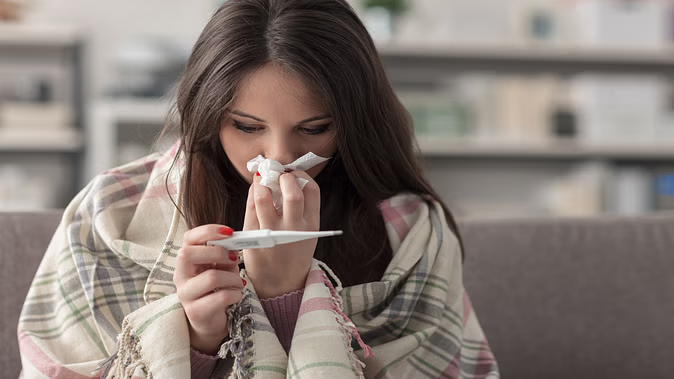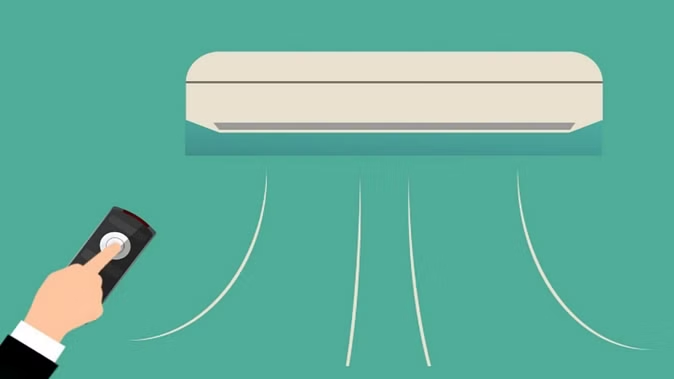The risk of many mosquito-borne diseases increases significantly during monsoon days. Every year a large number of people have to be admitted to hospitals due to diseases like dengue, malaria, and chikungunya. The number of dengue patients has started increasing in many states including Maharashtra, Uttar Pradesh, and the capital Delhi-NCR. According to the data of the Municipal Corporation of Delhi (MCD), 246 cases of dengue have been reported till June 30 this year, which is more than double the number of cases recorded in the same period last year in 2023, i.e. 122.

Similarly, the Maharashtra government reported 1,755 dengue-positive cases from the beginning of the year to the first week of May. Now that the monsoon has started, the risk of dengue is expected to increase further.
Health experts say that everyone should pay serious attention to mosquito prevention measures. Dengue can also be fatal, so it is important to keep taking preventive measures. The Union Health Ministry has also advised on measures to prevent dengue.
What do health experts say?
In a conversation with Amar Ujala, Dr. Diwakar Singh, a consultant at a hospital in Delhi, says that at present, dengue cases are under control in the capital Delhi-NCR. However, there is a fear that they may increase. As soon as the rains begin, the risk of mosquito-borne diseases starts increasing. Dengue mosquitoes breed in clean and stagnant water and bite more during the day. To avoid the risk of dengue, efforts must be made to prevent mosquitoes from breeding and biting.
Dengue can also cause hemorrhagic fever, which also poses a risk of death.
Health Ministry issued advice
Health experts say that during the rainy season, water accumulates under pots, tires, broken utensils, or plastic sheets in slums. All these are ideal places for mosquitoes to breed. Stagnant water in puddles and clogged drains also becomes a suitable breeding ground for the Aedes mosquito that spreads dengue. Taking measures to prevent water from stagnating can help reduce the risk of dengue to a great extent.
The Union Ministry of Health and Family Welfare has given suggestions on social media regarding what to do and what not to do to prevent dengue. Let us know.
What to do to prevent dengue?
By following some simple measures, you can keep yourself and your family safe from dengue.
Close the lid of water tanks and containers tightly.

Clean and dry the cooler every week.
Use a mosquito net while sleeping.
Wear clothes that cover the body completely to avoid mosquito bites.
Use mosquito repellent cream, coil, etc. if needed.
In case of fever, take only paracetamol, drink plenty of water, and consult a doctor.
What not to do to prevent dengue?
It is also important to know what not to do to avoid the risk of dengue.
Do not allow water to accumulate around you.
Do not throw coconut shells, old tires, cups, cans, bottles, tins, etc. in the open.
There is no specific medicine for dengue fever, so avoid self-medication.
Do not insist on hospitalization if you notice general symptoms of dengue fever or without consulting a doctor.
(PC: ISTOCK)










